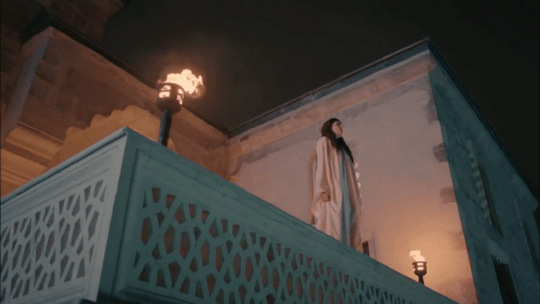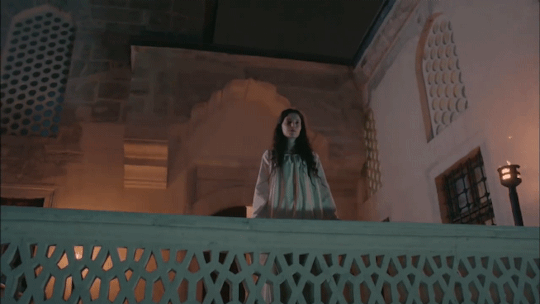Text
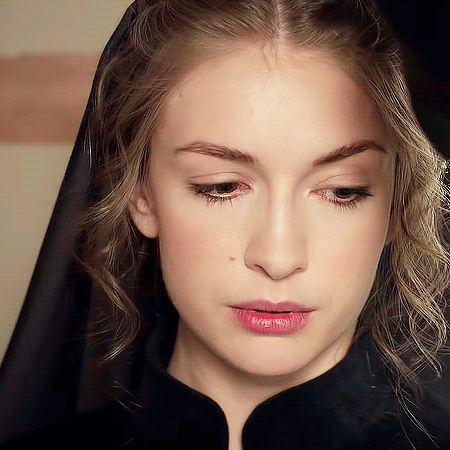


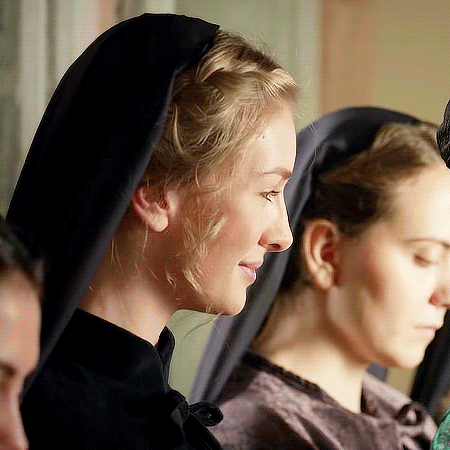

Yasemin Allen as Defne Sultan
Magnificent Century Episode 129
90 notes
·
View notes
Text
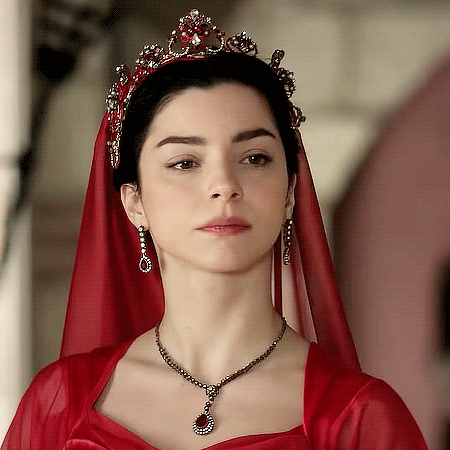


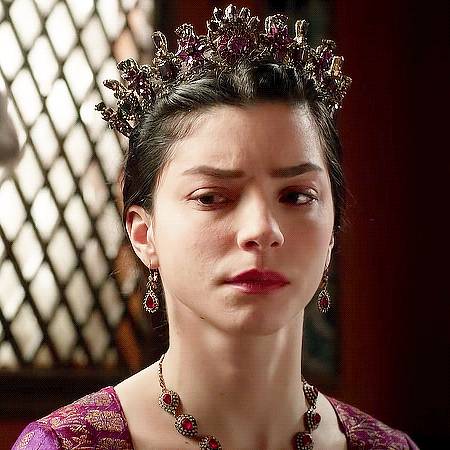
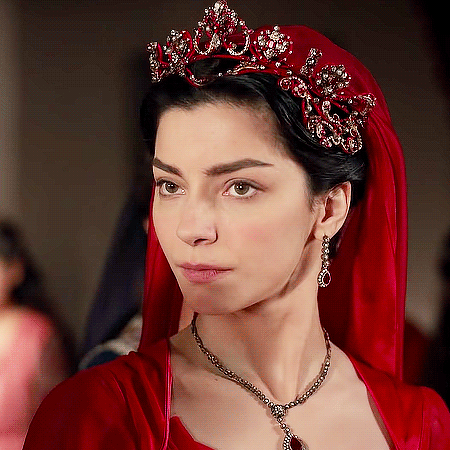

Merve Bolugur as Nurbanu Sultan
Magnificent Century Episode 129
109 notes
·
View notes
Text
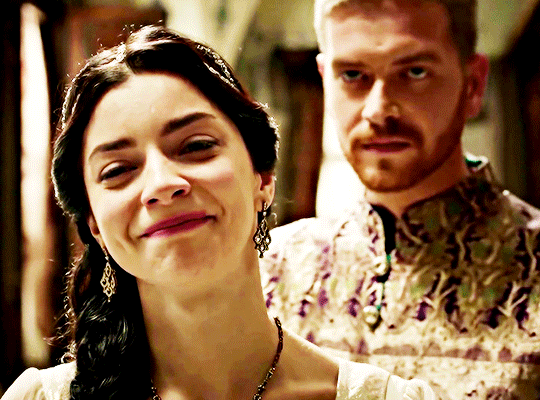
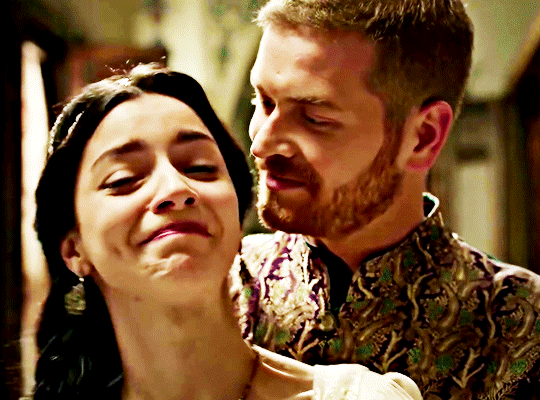
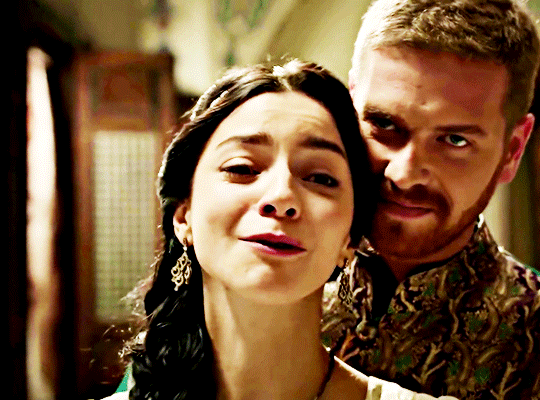
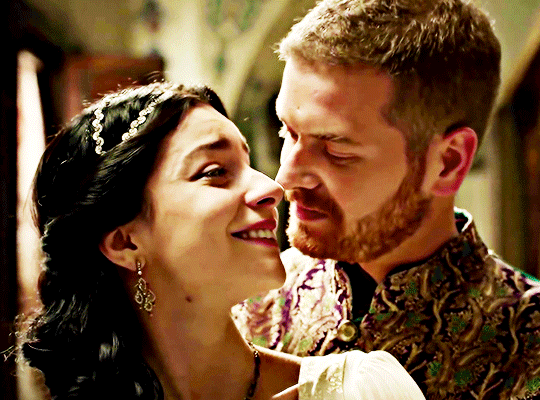
MUHTEŞEM YÜZYIL: EPISODE 110 (2011-2014)
50 notes
·
View notes
Text
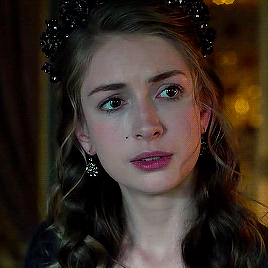

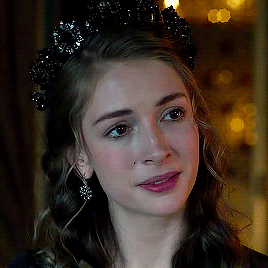


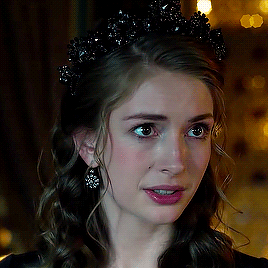
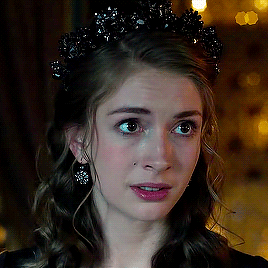
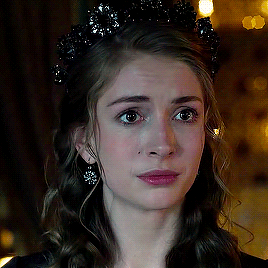

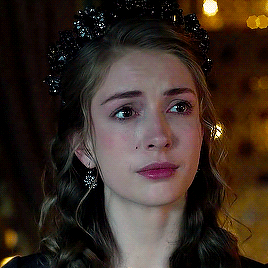
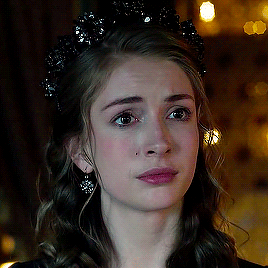

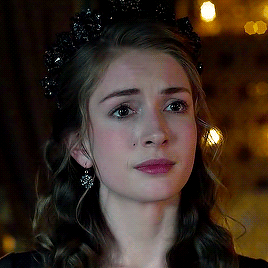
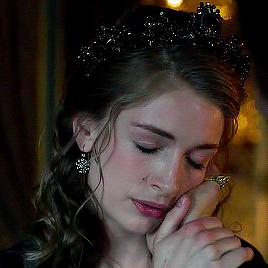
Yasemin Allen as Defne Sultan
Magnificent Century Episode 136
requested by: @sultanimgif
99 notes
·
View notes
Text

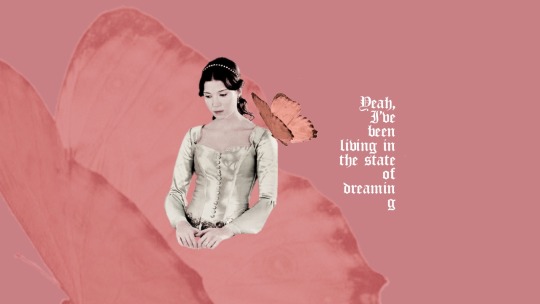

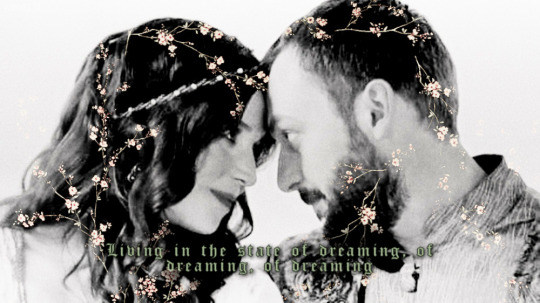
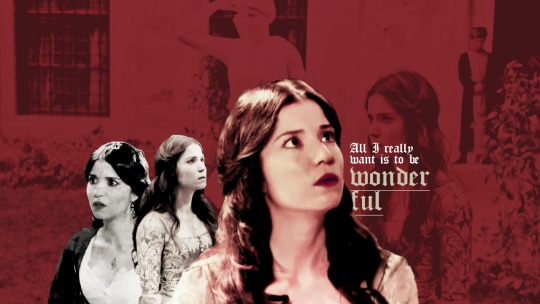




If only you knew my dear
How I live my life in fear
- The State of Dreaming, Marina
For my dear birthday girl Plami @mc-critical ❣️
#time to reblog this masterpiece here <3#it breaks my heart how Hatice went from her brother breaking the circle to let her marry for love#to her being married off forcefully by the same 'brother'#all because she bothered him by being around and in mourning#so yes he takes care to improve her mental condition in this way *sarcasm*#hatice sultan#graphic
49 notes
·
View notes
Text
Best of “Daily Sabah”
I promised this once and I think it might be surprising how it works in some way.
Of course after only like five minutes on the page I always feel disgusted by the hate towards Armenians, Greeks, Jews, conspiracy theories and shocked by the lack of self awareness with Evil Decadent West and great Turkey which has no problems whatsoever, only getting greater (basically Russian propaganda ,just exchange Ukrainians, Poles etc. for Armenians, Greeks, Jews, while EU and USA stay the same).
Let’s move to the series we will discuss - the portraits of historical figures from Ottoman history.
There are several rules that apply to all biographies:
1. All Ottoman padişahs were practically perfect by default and there was not a single one you would call bad, including those that used to be heavily criticised, like Ibrahim. A lot of them are child prodigies. If anyone is guilty of anything, it’s “greedy courtiers” (read: not from the sacred Imperial Family, unless some are misguided by them, like Şehzade Mustafa or those who murdered Sultan Osman).
2. All the women knew their place and were “intelligent and benevolent”. Usually are mentioned in one sentence of padişah’s bio saying they were beloved consort, insert the “intelligent and benevolent” stock phrase bit and number of kids (plus highlight that the padisah in question did not spend much time in harem, was monogamous or near it, and that women had small influence on him, everything else is slander). Basically they only took part in charity and defended their padişah husband or son, but God forbid led factions and schemed or got involved in real politics - this is slander.
3. Normalization of violence - all opposition to current or future padisah is bad by default and all people who were executed deserved their death and it was always for the benefit of state. No what ifs, but also no evidence;) No, no scheming women as well, look parts 1 & 2. If the sovereign decided so, it must be the good decision for the state. Only greedy courtiers can make bad decisions. And Sultan Ahmed, who abolished the fratricide law and committed the biggest mistake ever. Fratricide was Constitutional (xD, yes Mehmed II wrote constitution) and basically involved no decision on the part of padişah - it simply had to be that way, no need to question it. It’s Constitution, after all. Going all automatic. No choice. Which is actually not true, but the simplified explanation of fratricide law, which is often circulating around even outside propaganda circles ( I might make a separate post on the topic one day tbh). Firstly, the law was not “ancient” or “eternal” or even “ several centuries old”. It was used as part of multiple civil conflicts emerging during Empire’s earliest era where the was no central power established and then condified by Mehmed the Conqueror in second half of 15th century. Moreover, it was not included in laws easily because fratricide is a huge sin in Islam. This is why the whole wording contains the phrase “most ulema agreed to it’. By no means it was unanimous and non-controversial matter. And the original intent was to make each padisah decide based on current situation and whether he deemed it necessary for maintenance of order (hence original wording “is acceptable”, not “must execute”.) Secondly, it was established in special moment when the state was still consolidating and beginning transformation to sedentary. Hence, it was used as tool in times when the state and its establishments were dispersed to determine central administration and was also to be used as tool in civil wars to end them.
Since the law clearly was shown to be outdated pretty soon (during Suleiman sedentary sultanate was pretty firmly established), and after Murad III conducted first slaughter of all his brothers living in palace in capital in 1574, the criticism among people was growing, and reached its climax when Mehmed III executed 19 brothers. It was different when princes were executed in provinces in aftermath of civil war, and it hit differenly when elder prince just killed his brothers automatically after ascending the throne (again it happened for the first time in 1574 ).
Presenting something as “constitutional” or “rooted in our statehood and laws since forever” erases the choice and culpability of a particular padisah. It enables to absolve him of individual decision and redirecting attention towards a bigger concept - the utmost important of statehood and order over individual, including padisah. Similarly, it never questions the concept of “order” as determined by a padisah in a particular context (brings to mind quote from MC Ibrahim - “Truth? Truth is what padisah wants believe”). It goes without saying this view is also closely connected with victim blaming. Moreover, the way they mention executions always places emotional focus with the poor monarch who just had no other choice but it hurt him so.
Erdo propaganda does not deny fratricide law existed and does not deny all sorts of violence in general - it chooses to normalize it instead and treat it as unavoidable and serving a higher purpose. I’ve seen from Erdoğan supporting Turks multiple statement in vein “This is how world works, accept it, war is part of life, everyone does it, only the strongest will survive” or applauding it “Sultan Murad was fearful and killed all those traitorous trouble stirrers, they all feared him, thanks to this he saved the state”. Normalization of violence stresses everyone is engaged in violence and erases difference between oppressor and victim.
Normalization of violence is important for contemporary authoritarian regimes, including Turkey. Making people indifferent to violent acts by showing this as normal process of human life and necessity. Same with victim blaming and not questioning whether the person persecuted by regime was punished justly - “it was necessary”.
4. Ottoman system was perfect and was never in decline. We all know the famous “X ruined Empire”, but it does not come from Neo Ottomanists propaganda. It’s a take coming from (outdated) historiography by Young Turks (who were also nationalistic and misogynistic). The explanation is simple - for Neo Ottomanists the whole system was absolutely perfect, the system of succession also worked pretty well and there were no bad Sultans, everything was going great, only traitors supported by foreign agents, Free Masons and Zionists caused the collapse of Ottoman Empire. The system itself was chic and it was basically fairyland (back to point 2 with exemplary royal family always abiding by rules of Islam and patriotic feelings). Again, all crises were caused only by greedy subjects who caused problems to the Imperial Family and all the evil forces from outside. Nobody could cause the decline because in Neo Ottomanists’ view there was no real crisis, and the biggest danger came from outside.
This is why Sabah’s pieces might look alluring with their “pretty nice” and sympathetic descriptions of Imperial women and even give thus give impression of not being connected with Neo Ottomanists… but they are. Same with certain revisionism giving the allure of “hot takeism” or praising democratic & modern values, but by suggesting that the system of absolute monarchy not only promoted them, but even.. invented them (yes, they go as far). Positive propaganda is definitely more present in the historical series of articles.
Let’s move to examples:
Keep reading
33 notes
·
View notes
Note
I know you have been inactive for years but do you watch the new Mehmed series by TRT?
Nope, I do not touch any historical show made by TRT by default and do not intend to change it as long as E*rdogan is in power.
#if anyone is wondering#I watched the previous Mehmed show only bc it was on KanalD#/it sucked anyway/#not all of them are as hateful and toxic as Abd*ulhamind but still propaganda#but each has the same formula that can be traced in their historical posts on Da*ily Sa*bah for start#Imperial family as a role model to follow etc etc#after MC/MCK truly nothing worthwhile was produced#and most likely won't#MC/MCK creators faced plenty of punishemnts by RTUK and even were sued by Edo*ogan to stop it from airing#with the power Erdo has nowadays he would succeed with any show or destroy it with fines and other shit#so the copy-paste shows reflecting his historical views are only option#yep they are often high budget and have good production values#but the actual contents *sigh*
6 notes
·
View notes
Text
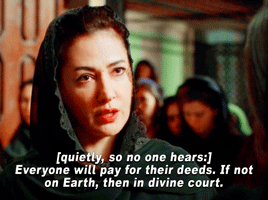
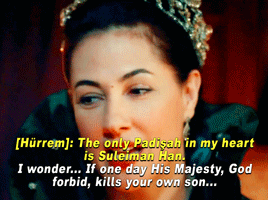
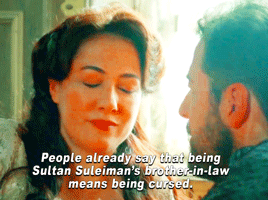
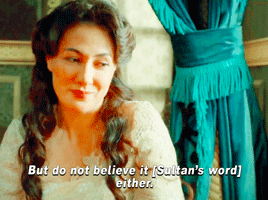
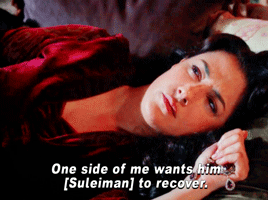
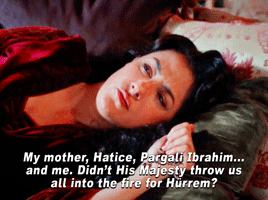
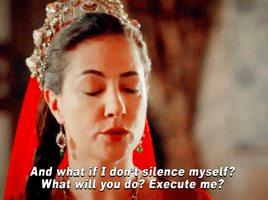
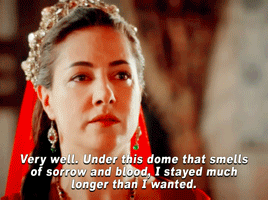
I am not going to defend myself, Your Majesty. Whatever I say, your decision will not change anyway. I could calm you by denying it, but I don't intend to do it. Throw me into the fire like you did with your family and other people you loved. [...] So this is [absolute loyalty] why you killed them all? Hatice, Ibrahim, Mustafa, Çihangir...I remember how our father Selim Han died. He didn't die easily. God did not let him leave this world without suffering first. The same fate awaits you!
Fatma + roasting Suleiman to his face (and to others)
Happy (belated) Birthday Plami! @mc-critical
61 notes
·
View notes
Text
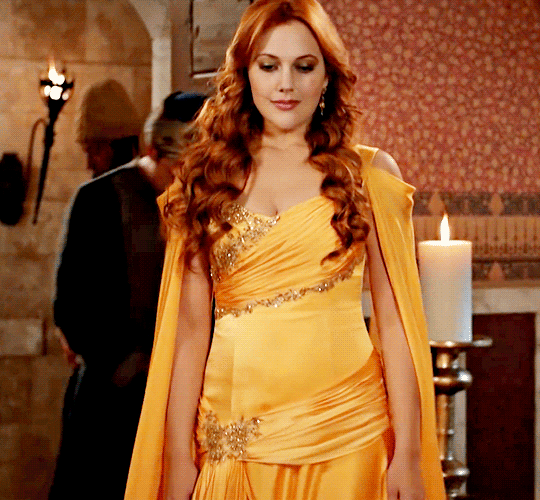


MERYEM UZERLI as HÜRREM SULTAN in MAGNIFICENT CENTURY
330 notes
·
View notes
Text

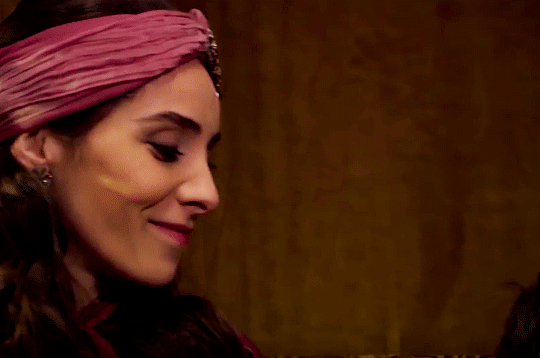
Magnificent Century: Mahidevran
53 notes
·
View notes
Text

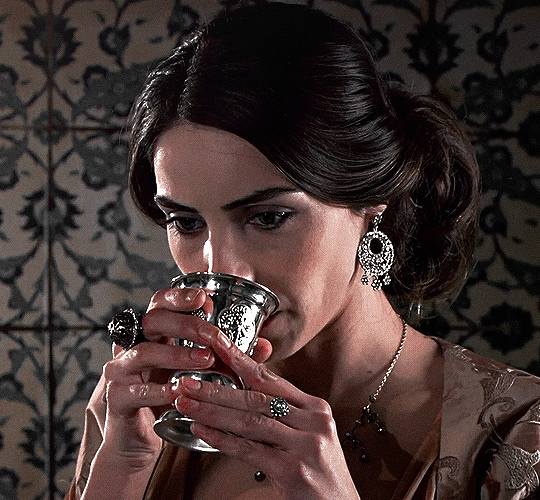
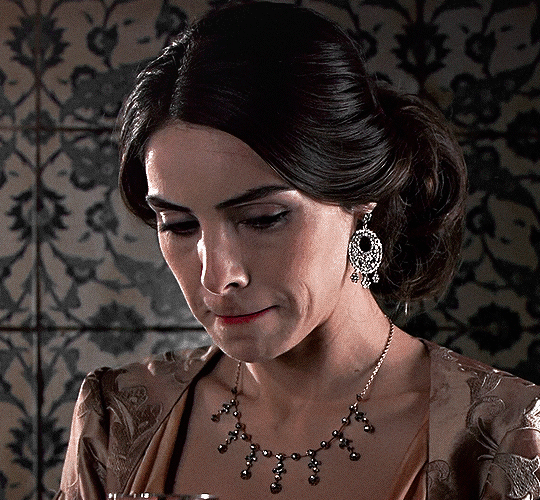
Nur Fettahoğlu as Mahidevran Sultan
MAGNIFICENT CENTURY (2011–2014)
203 notes
·
View notes
Text
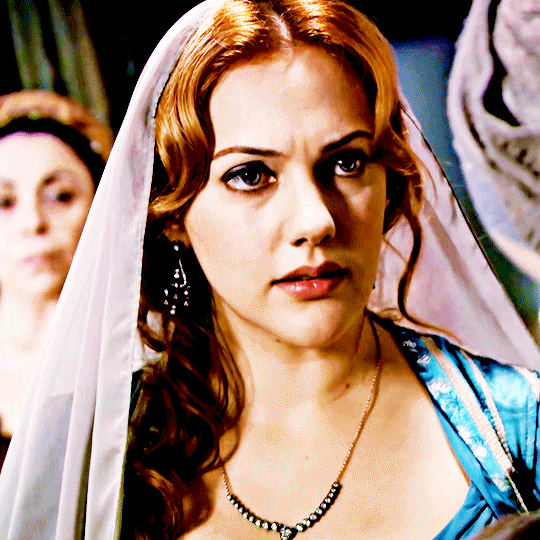

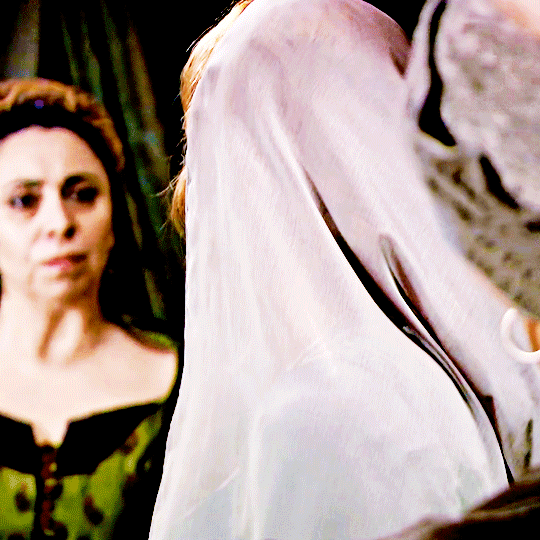

endless hürrem sultan appreciation: 28/∞
62 notes
·
View notes
Text
The idea that Mahidevran never loved Süleyman and was only using him for power makes me feral.
Well, she did love him until he threw her aside. I mean we do remember the scene where she had a miscarriage and how he comforted her. By comforting her, I mean he treated it like it was a burden.
Even if she was using him for power, that does not make her a bad person. She's entirely justified. She could've killed Süleyman and I still wouldn't call her a bad person for that. She wasn't blameless and did wrong, unforgivable things but in her relationship with Süleyman, she was never the offending party.
She was a slave, the only way to get true power and secure her child's future was to remain in the good graces of the sovereign ruler. So, when manipulating Süleyman was the only way to live a comfortable and happy life, she was right to do so.
But she did love him. We see her reminiscing those bittersweet memories after Süleyman fell ill.
Süleyman treated her shabbily and personally she owed him nothing.
#mahidevran sultan#THIS#she did wrong things but never in relation to him sorry#and still the worst thing is like wishing him dead#she could act to dethrone him with the power her son had#but except for telling her son to like let the assassination attempt by persians happen#or more suggesting it might be not be a bad thing not to interfere#she never hurt his ass lol#and LBR he was a danger to her son#back in S1 already after he repudiated her and was with hurrem and there was the scare about him drowning during rhodes campaign#she was devastated and did not want suly to die for mustafa to become padisah#/also because she knew her son was too little/#she prayed and cried after him pls#she loved him once and was reciprocated with constant emotional abuse and humiliation#of course moving on from him was the right thing to do to heal mentally#because she kept losing herself often simply because she could not move on#precisely because she used to love him and could not let the past of their family life go#a source of most of her erratic actions early on#in fact#/and we know if she had not moved on from him#/the same people would call her pathetic#/
62 notes
·
View notes
Text
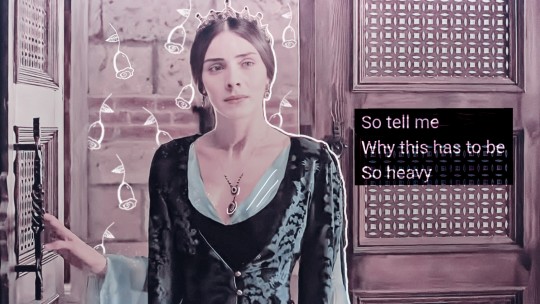
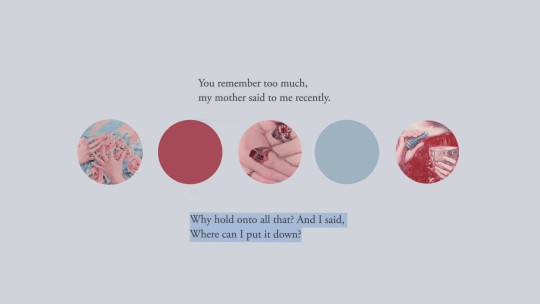


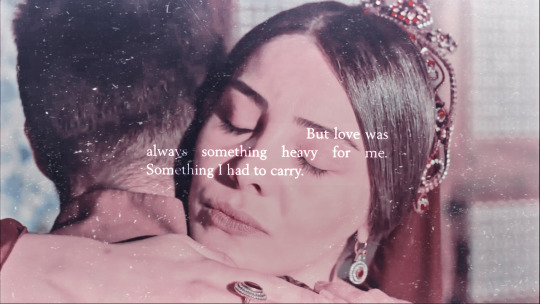

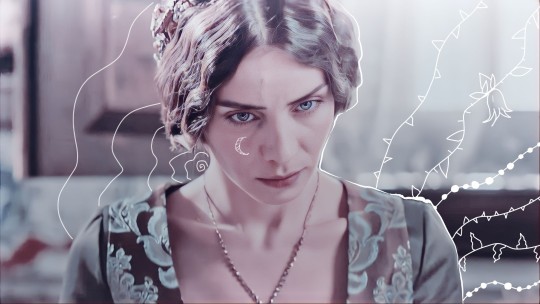
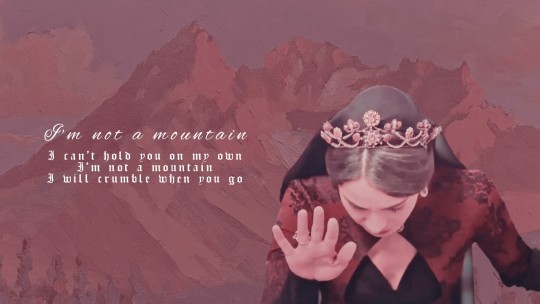

S3! Mahidevran sultan + The burden of love and duty
I'm ready to burn in hell to keep you safe.
Orla Gartland / Anne Carson / Japanese Breakfast / Benjamin Alire Sáenz / Margaret Atwood / Sarah Kinsley
53 notes
·
View notes
Text
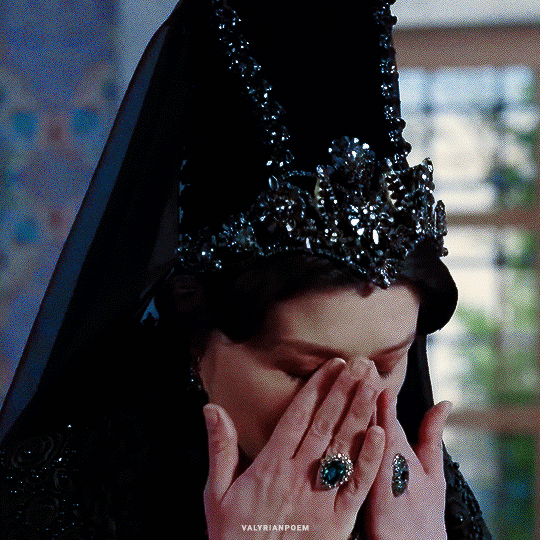

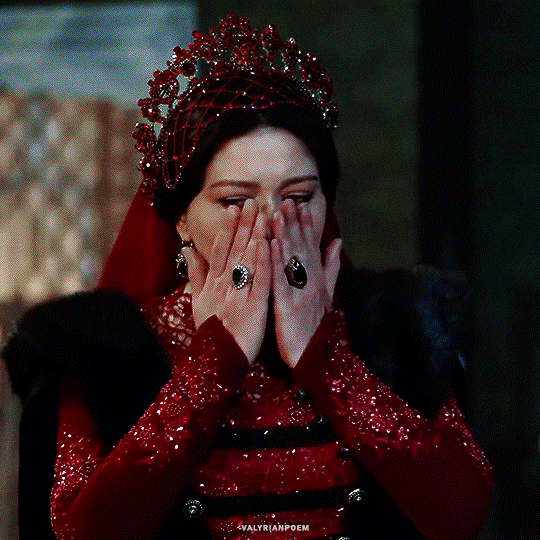
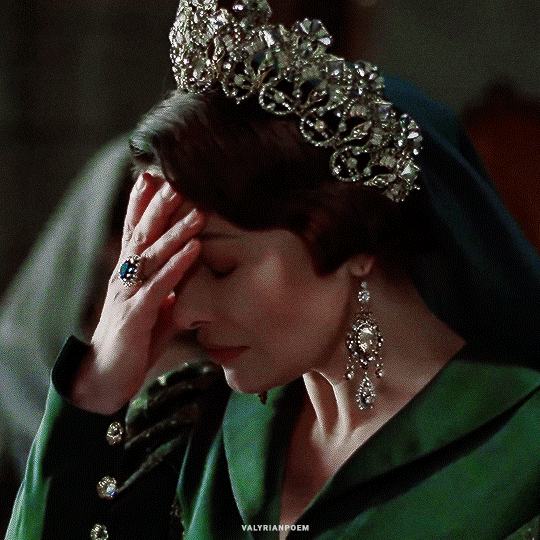
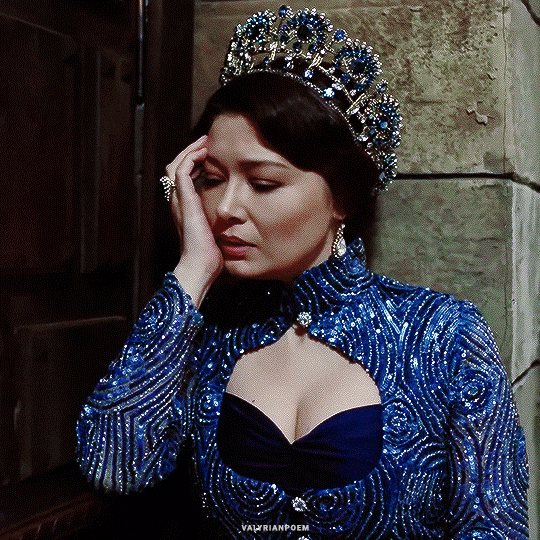

Nurgul Yesilcay as KOSEM SULTAN [4/4]
Muhteşem Yüzyıl: Kösem (2015)
#somebody save her from all the assholes and idiots pls#especially the one called mu rat#as he is behind all this sans the last one#her facepalming and eyerolling next to him are legendary#kosem sultan#gifs
184 notes
·
View notes
Text
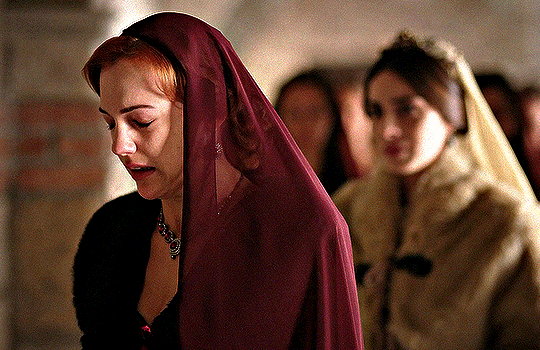

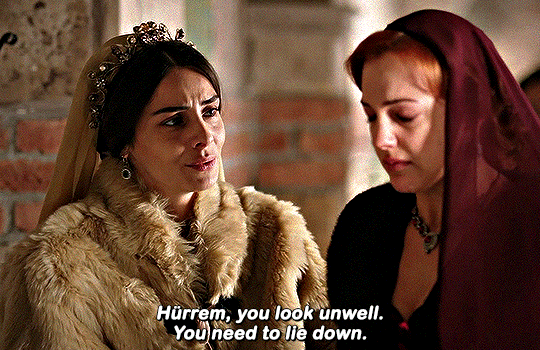
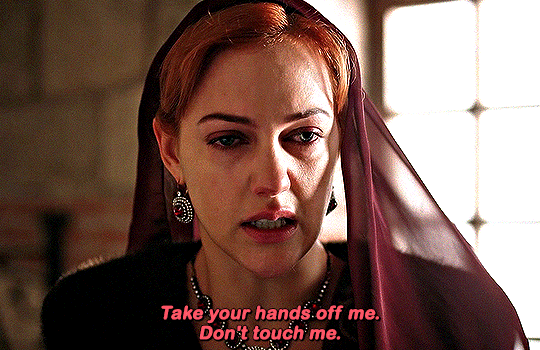





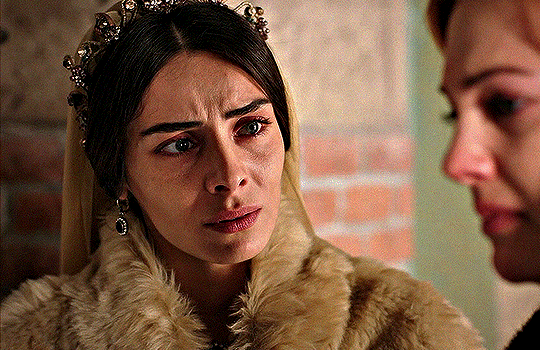
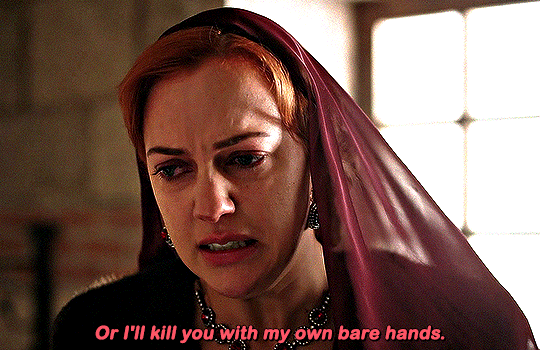
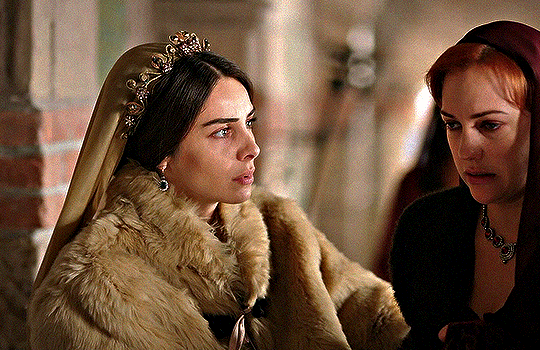
"Muhteşem Yüzyıl / Magnificent Century" Episode 75 (2013)
246 notes
·
View notes


